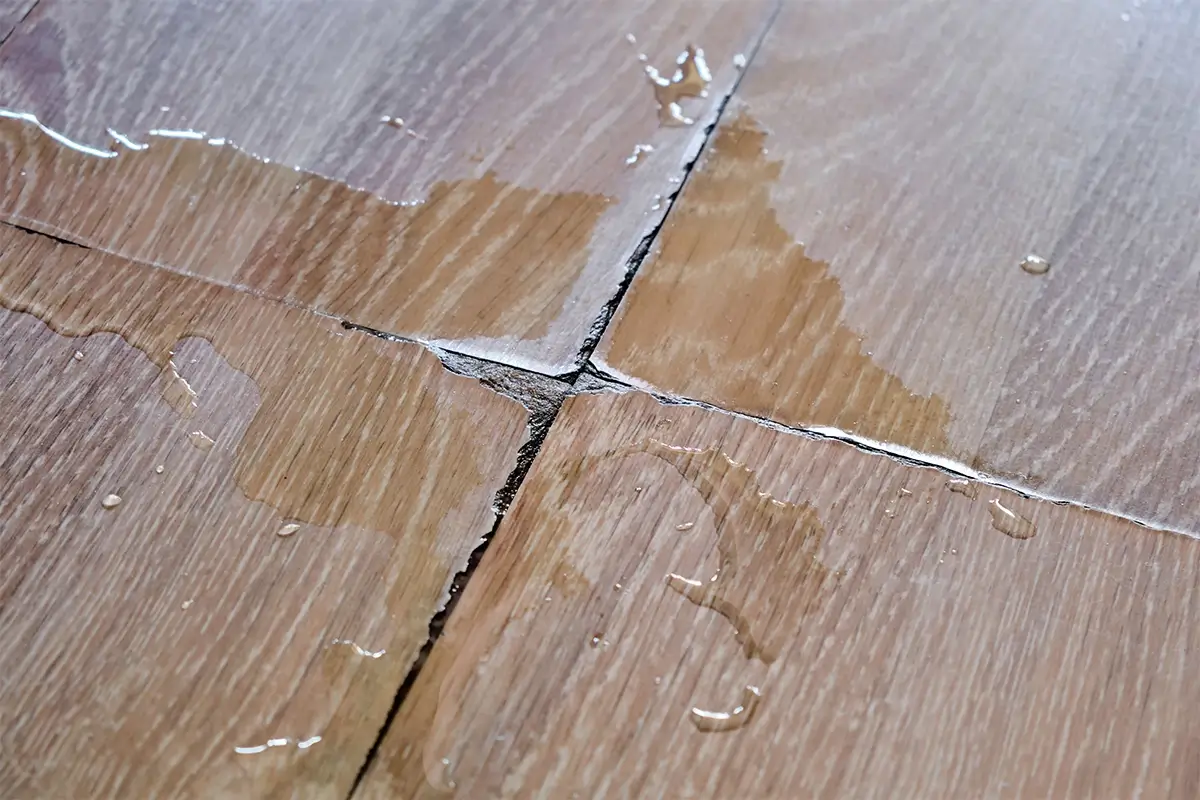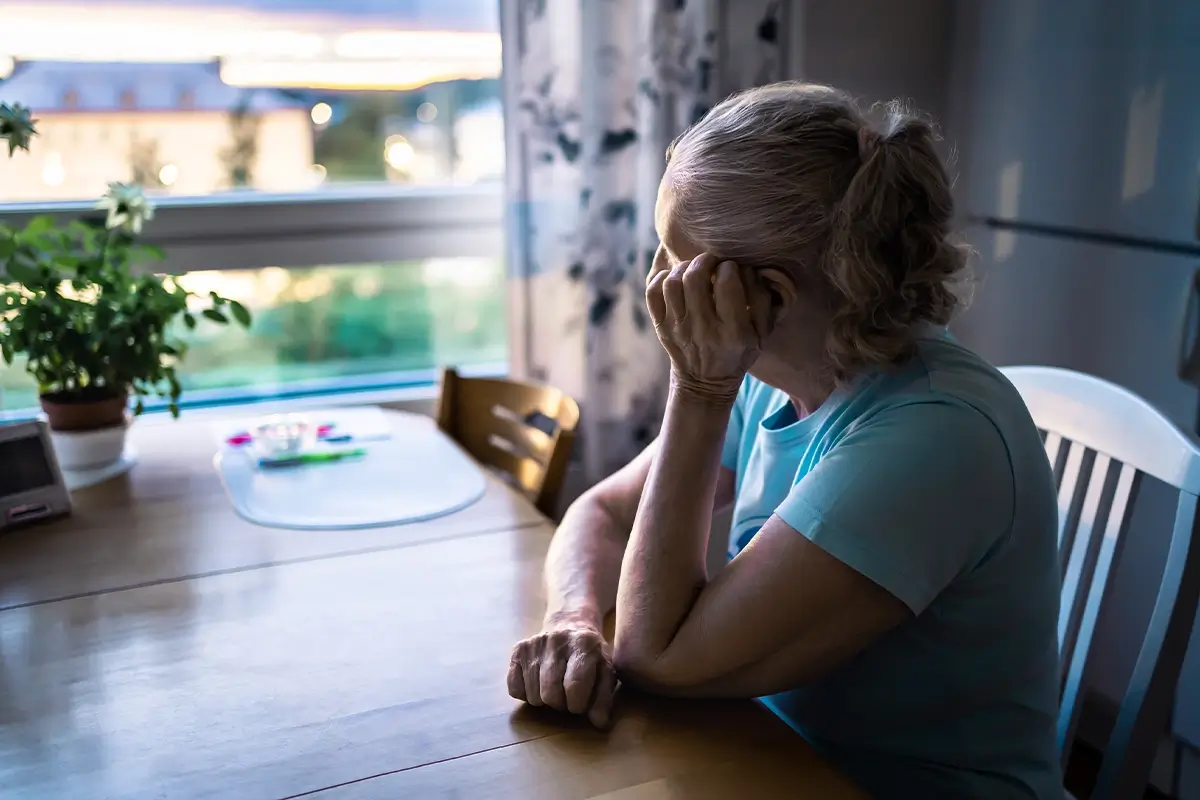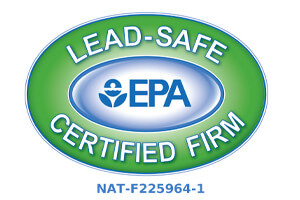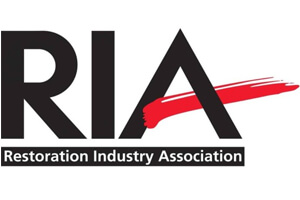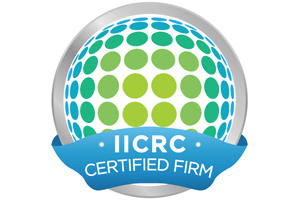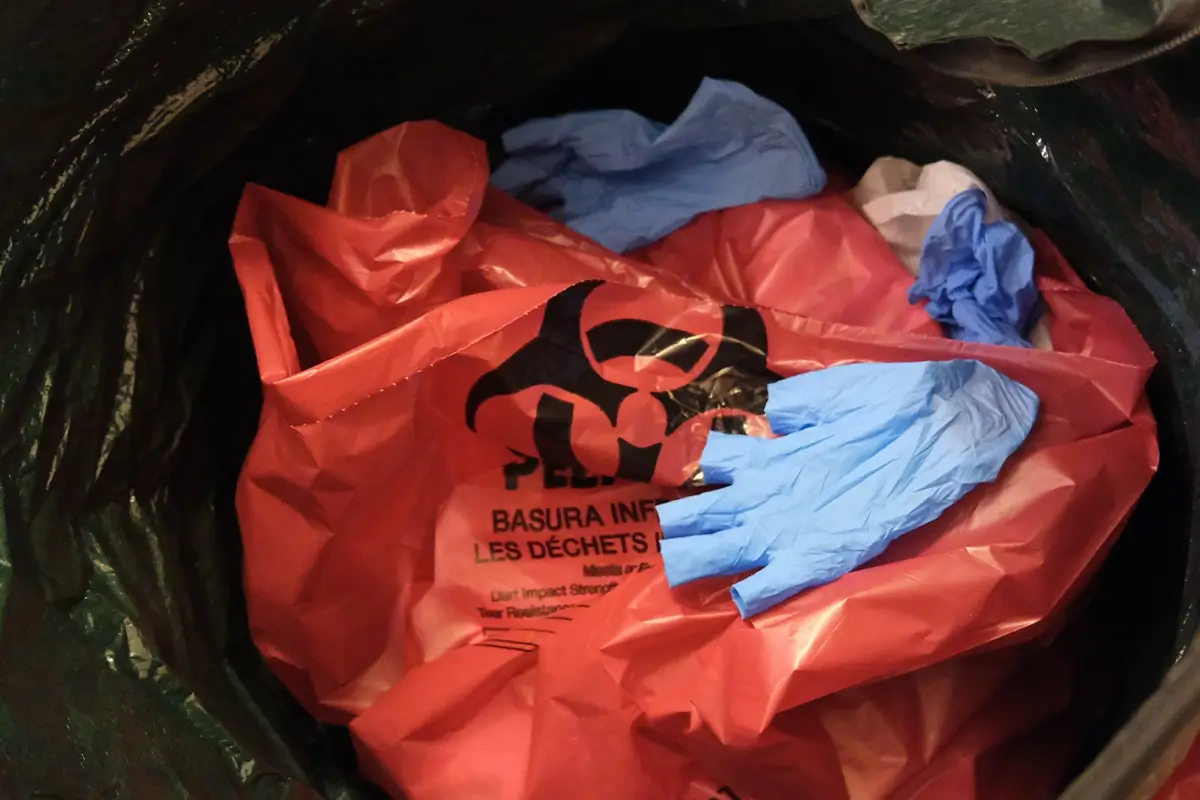
Biohazard cleanup is a niche of the restoration industry that often raises a lot of questions. Whether you are facing a traumatic event or seeking information to understand the process better, we hope to provide clarity. We have compiled a list of the most frequently asked questions regarding biohazard cleanup services.
What is Biohazard Cleanup?
Biohazard cleanup is the process of safely cleaning and disinfecting areas contaminated with biological materials that present a risk of death, injury, or illness. This can include blood, bodily fluids, infectious diseases, and decomposition. It’s commonly needed after events like accidents, crime scenes, suicides, or unattended deaths, but can also apply to hoarding situations or infectious disease outbreaks. This is a vital step in the restoration process and important for maintaining public and personal health.
What safety measures do professional biohazard cleaners take?
Safety is the top priority in biohazard cleanup. Here’s what you can expect:
- Personal Protective Equipment (PPE): Cleanup crews are equipped with BBP and chemical rated hooded coveralls, full-face respirators, gloves, and booties to protect themselves from exposure to harmful substances.
- Containment: The affected area is isolated with containment barriers to prevent cross-contamination from damaging other areas or contents of the structure.
- Specialized Chemicals and Equipment: Industrial grade machines, chemicals, and advanced training and processes that kill bacteria, viruses, and other pathogens effectively to ensure a complete clean.
- Proper Disposal: All biohazardous waste is collected, transported, and disposed of in accordance with state regulations and IICRC, ABRA, or ISSA guidelines to ensure the safety of both the public and the environment. This involves detailed documentation, specialized vehicles and transport containers, and disposal at state-approved biohazardous medical waste disposal facilities.
What Can I Expect During a Biohazard Cleanup?
Cleanup process can vary depending on the extent of the damage and whether or not you are using insurance. If you hire a biohazard cleanup service, here’s an overview of what to expect:
- Initial Hazard Assessment: Before cleanup can begin, a technician will perform a hazard assessment to determine the scope of work required to complete the cleanup. We offer this service free of charge as a courtesy to our clients.
- Estimate or Scope of Work: The technician or account rep should be able to clearly describe the work needed and the steps they plan on taking, as well as answer any questions you may have about the process.
- Cleaning Process: Utilizing specialized machines, chemicals, and disinfectants, the crew will clean affected areas. Porous materials like carpet or bedding will be removed and disposed of. Non-porous items can be sanitized and kept. ATP testing is conducted to monitor bacteria levels.
- Final Inspection: Following the cleaning process, a thorough inspection and testing will be conducted to ensure biohazards have been eliminated.
- Certificate of Cleanliness: Reputable companies provide documentation upon request confirming that the area has been cleaned and sanitized.
How Long Does Biohazard Cleanup Take?
Most cleanup can be completed within a day with smaller areas only taking a few hours. Cleanups involving larger areas, structural damage, hoarding, pets, water, or advanced decomposition may require several days or longer. The cleanup company will provide an estimated completion date at the initial assessment.
Does Insurance Pay for Biohazard Cleanup?
Many business and homeowner’s insurance policies cover for biohazard damage caused by accidents, crime scenes, suicides, and unattended deaths. Always verify with your insurance provider to confirm coverage before the cleanup begins. Most professional cleanup companies can help you navigate the claims process.
Can I stay in my home or business during the cleanup?
Usually, no. Once cleanup has begun, we must limit access to the affected areas and structures for your safety and to stick to our estimated cleanup schedule. If you have nowhere to go, we can arrange somewhere for you to wait while cleanup is completed.
How can I be sure the area is completely safe after the cleanup?
Professional biohazard cleanup companies follow strict protocols, use advanced disinfectants, and conduct ATP testing to ensure the area is completely safe after they finish. The goal is to restore the space to a clean, livable, or workable condition, completely safe for anyone to enter and use. A Certificate of Cleanliness can be provided by a certified company upon request.
Can I Clean a Biohazard Myself?
You should not clean a biohazard yourself. Household cleaners are not enough, and many situations require demolition to completely remove the impact. It is also illegal to dispose of biohazardous waste in regular or bulk trash collection due to safety risks to sanitation workers. Professional biohazard technicians are trained to identify and manage these situations safely and effectively.
Do I need biohazard cleanup for urine or feces?
Yes. Feces can carry parasites, viruses, and bacteria. Urine carries bacteria and can soak into floors and walls where it breaks down into ammonia and other malodorous chemicals. Biohazard cleaning will eliminate any potential exposure hazards you may face from feces or urine.
Biohazard cleanup can be intimidating; however, understanding the process can put your mind to rest. With trained professionals employing OSHA safety measures and IICRC Certified cleaning techniques, you can be assured that your space will be restored safely and thoroughly. If you have further questions or require assistance with a biohazard situation in Phoenix, Scottsdale, Tucson, or surrounding areas, please do not hesitate to call us at 602-770-4972 for a free consultation and assessment.
